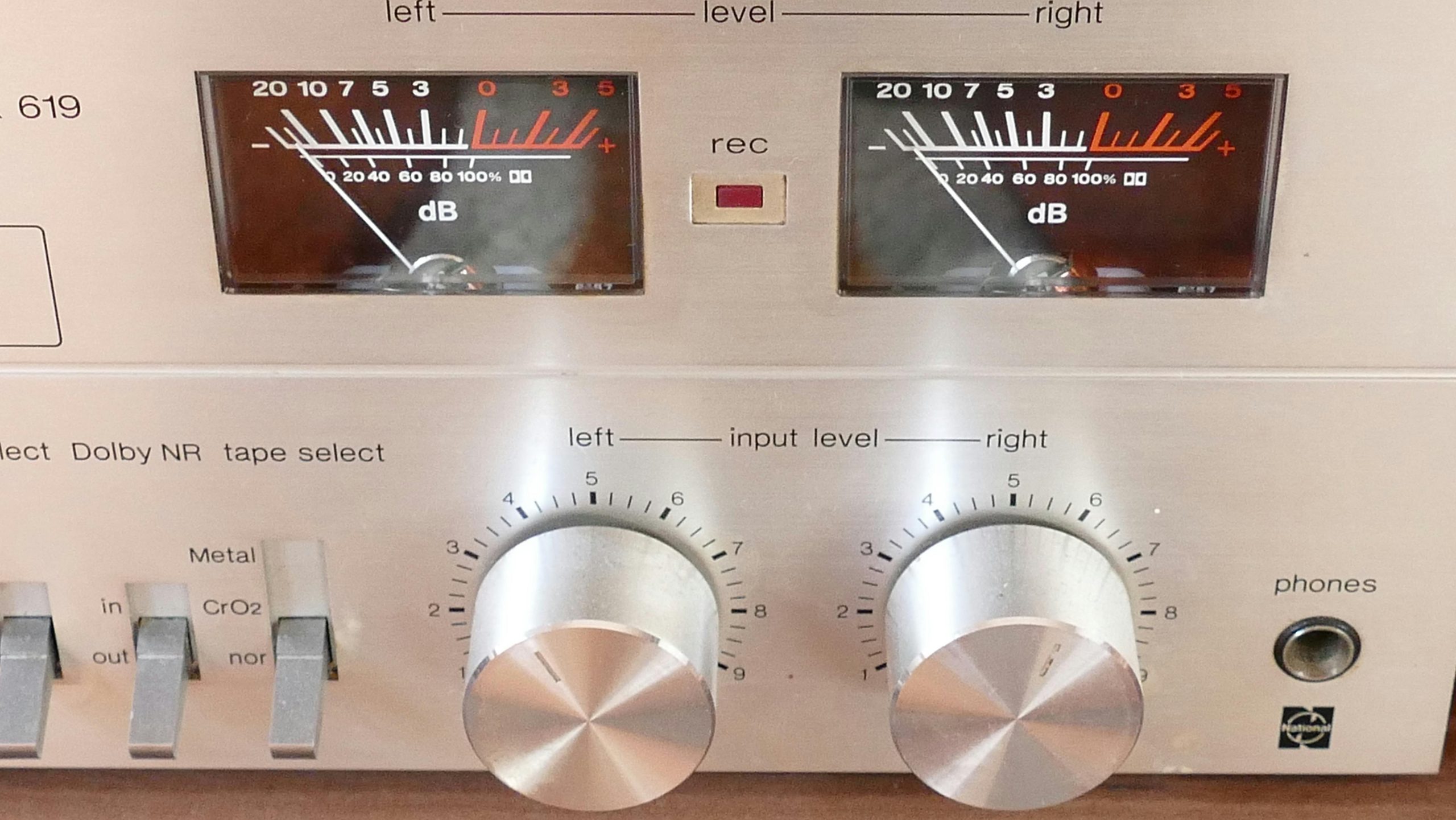Struggling with Junior Chemistry? You’re Not Alone!
Are you finding yourself in the same boat as many others who are beginning their journey into the world of chemistry? If you’re feeling overwhelmed, you’re definitely not alone—many students experience challenges when starting this subject.
Chemistry can often seem like a whole new language, filled with complex concepts and terminology that can be hard to grasp at first. It’s perfectly normal to feel a bit lost during these initial stages.
If you’re looking for guidance or support, there are plenty of resources available to help smooth your transition into chemistry. Consider reaching out to teachers, joining study groups, or even utilizing online forums where fellow students are eager to share their insights and strategies.
Don’t hesitate to ask for help from friends and classmates who might be able to explain concepts in a way that resonates with you. Remember, it’s all part of the learning process, and with a little time and the right support, things will start to click!
Embrace the challenge, and keep pushing forward. You’ve got this!

It sounds like you’re feeling overwhelmed with your Junior Chemistry material, which is completely normal! Chemistry can be complex, but with the right strategies and resources, you can improve your understanding and build your confidence. Let’s break it down step-by-step.
1. Identify the Core Concepts:
Start by pinpointing what specific topics you’re struggling with. Is it the periodic table, chemical reactions, stoichiometry, or molecular structures? Each of these areas has its own foundational concepts that are essential for understanding more advanced topics.
2. Utilize Visual Aids:
Chemistry is often more manageable when you can visualize concepts. Try using diagrams, charts, and models:
– Periodic Table: Familiarize yourself with the layout and the properties it conveys about elements.
– Molecular Models: Building models of molecular structures can aid in visualizing how atoms bond and interact.
3. Engage with Online Resources:
There are numerous educational platforms that offer interactive lessons and tutorials. Websites like Khan Academy, Coursera, or even YouTube channels dedicated to chemistry (such as CrashCourse) can provide clear explanations and different contexts that may resonate with you.
4. Practice Consistently:
Chemistry involves a lot of practice, much like learning a new language. Dedicate time each week to solving chemistry problems. Look for workbooks or online quizzes that focus on the areas you find challenging. Practice can help reinforce your learning and expose you to various problem types.
5. Join Study Groups or Tutoring Sessions:
Collaborating with classmates can be extremely beneficial. Group studies allow for discussion, which can deepen your understanding. If you’re still feeling lost, consider reaching out to your teacher about extra help or tutoring options. Many schools offer peer tutoring programs.
6. Take Care of Yourself:
Sometimes stress can hinder your ability to learn. Make sure you’re giving yourself enough rest, nutrition, and time to relax. Techniques like mindfulness or short breaks during study sessions can improve focus and retention.
7. Use Educational Apps:
There are many apps designed to help with learning chemistry, such as ChemCollective or Molecule Builder. These can make learning more engaging and let you experiment virtually with chemical reactions.
8. Ask Questions:
Don’t hesitate to seek clarification when you’re confused. Whether that’s with your teacher, friends, or online forums (like this one), asking questions can lead to greater understanding. Make note of specific questions as they arise during your studies.
Conclusion
Learning chemistry is a journey, and everyone progresses at their own pace. By breaking down the material, using diverse learning tools, and actively engaging with the content, you can develop a better grasp of the subject. Remember, persistence is key, and seeking help is a strength, not a weakness. Good luck, and don’t hesitate to reach out here if you have more questions!